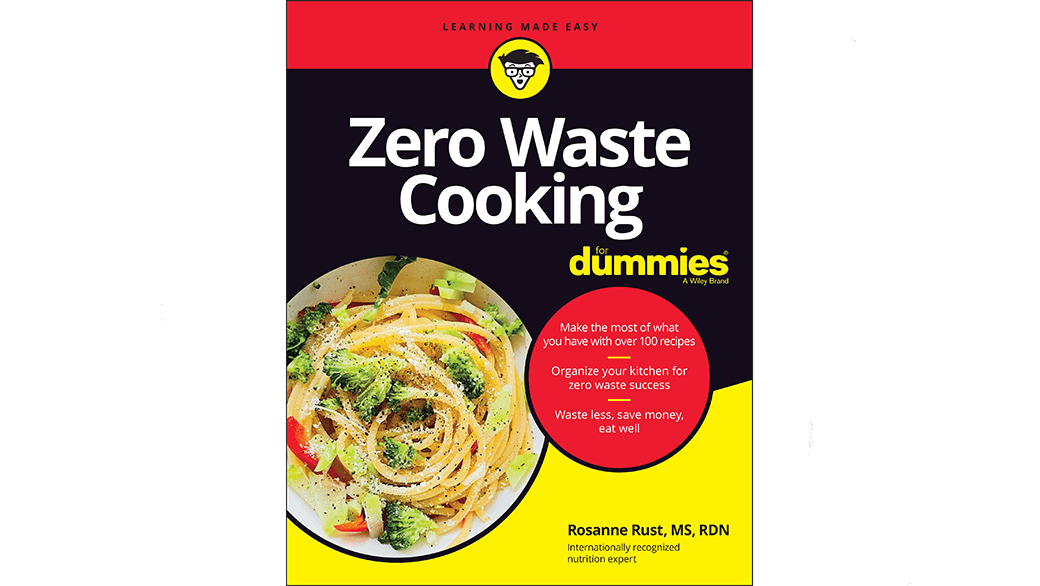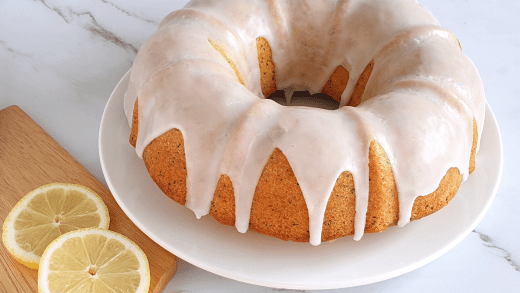Have you ever thought about the amount of food you waste each week? A 2020 study revealed that the average American household wastes about 32% of the food they buy. In dollars, this translated to $240 billion or $1,866 per household. Whoa.
What can you do about it? The first step is to start looking around your kitchen. What’s in your refrigerator and freezer? What do you have on your pantry shelves that needs to be used? Finally, start noticing how much, and what kind of foods you throw away each week.
Food Waste Heroes
Fruits and vegetables (especially bananas, berries, and leafy greens), dairy foods (milk, yogurt, sour cream), and fresh meats are among the top categories of wasted food. Since they’re perishable, you must either plan to use them within a few days, or up to a week, of purchase, or freeze them (when possible).
There are a few pantry items that I view as “food waste heroes”. These are items that can help you use up dinner leftovers or other extra ingredients.
- Pasta and rice
- Pizza shells, tortillas, naan, or another flatbread
- Flour, butter, oils, baking powder, and sugar
Having these items on hand makes it easier to come up with solutions to leftover ingredients or cooked food. Let’s say you make a big pot of chili or a roast chicken over the weekend. Rather than simply reheating it over the next few days, make it into something else. Stuff it into a tortilla or top a baked potato with it. You can put almost any leftover meat or vegetable on a pizza shell along with your favorite sauce and cheese to create a delicious flatbread.
Having baking ingredients on hand (flour, sugar, oils, or butter, etc.) allows you to create items that can help reduce food waste. Making foods like pancakes, muffins, or bread pudding to use up leftover vegetables or ripening fruit. This is also a great use of yogurt that’s just slightly past its date. Add it to your favorite cake or muffin recipe, along with the fruit, by substituting 1/4 cup yogurt for one egg.
Ways sugar reduces your kitchen waste:
When you think about sugar, the first thing that comes to mind is its role as a sweetener or its use in baked goods. However, sugar provides many other properties to food and food processing. In addition to its use as a sweetener in baked goods, sugar acts as a preservative and can lengthen the shelf life of some items like canned goods, by slowing bacterial growth. Keeping canned goods on your shelf is a good way to round out your diet and reduce food waste. Canned fruits and vegetables, soups, and beans have a long shelf life. Sugar is also present in versatile items like condiments and dressings, which help take leftovers from boring to delicious.
Sauces and dressings make foods like salads and leftovers taste better, thereby helping to reduce overall waste. Many of the condiment items you enjoy have a little sugar added to them to balance the flavors. Your favorite ketchup, barbeque sauce or sriracha sauce. I always add a teaspoon of sugar to my vinegar and oil when making a homemade salad dressing.
You can learn more about food waste along with over 100 recipes in my book, Zero Waste Cooking For Dummies®
Zero Waste Whiskey Sour from Zero Waste Cooking For Dummies®
This cocktail replaces the traditional egg white with the liquid from a can of garbanzo beans to create the froth.
2 Servings
Ingredients
- 4-ounces bourbon
- Juice from 1/2 lemon
- 2 tablespoons simple syrup*
- 1/4 cup aquafaba
- 2 Maraschino cherries
- 2 Orange wheels or candied citrus peels
Directions
- Add bourbon, lemon juice, simple syrup and aquafaba to a cocktail shaker filled with ice. Shake to blend.
- Strain into two coupe glasses.
- Thread a cherry to an orange wheel and add to each glass.
* To make simple syrup, mix equal parts water and sugar. Add sugar and water to a glass measuring cup. Stir then microwave for 30 seconds to dissolve the sugar (you can also heat in a small pan over low heat on the stove). Allow to cool before adding to cocktails.
Other ways sugar can help elevate a cocktail: Use sugar to candy your citrus peels and then enjoy as a snack or to garnish a beverage.





Get Social with #MoreToSugar